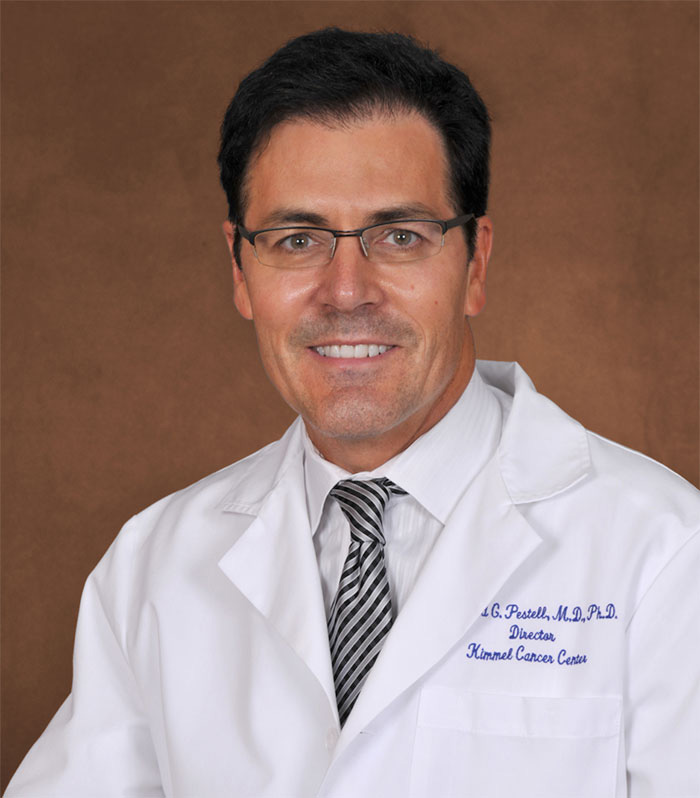
Lankenau Institute for Medical Research
100 E Lancaster Ave.
Wynnewood PA, 19096
M.B., B.S. (M.D., University of Western Australia)(diploma 1982)
F.R.A.C.P. (Endocrinology and Oncology training) (diploma 1989)
Ph.D. (University of Melbourne, Howard Florey Institute, diploma 1992
Research Fellow in Medicine, Harvard Medical School
Clinical and Research Fellow in Medicine, Massachusetts General Hospital
Fellowship, Endocrinology, Department of Internal Medicine, Northwestern University.
M.D. (Thesis, University of Melbourne)
Doctoris Honoris Causa (University of Western Australia)
F.A.C.P. (Fellow American College of Physicians)
M.B.A. (Executive – MBA, NYU,
Doctor of Medical Science, Honoris Causa (University of Melbourne)
Elected Fellow Royal College of Physicians (London)
Elected Fellow Royal College of Physicians (Ireland)
Institute Distinguished Professor, Translational Medical Research, Experimental Therapeutics.
President, Pennsylvania Cancer and Regenerative Medicine Center
Other appointments:
Wistar Institute Cancer Center, Member (Affiliate), Philadelphia, PA.
Professor, Geissinger Medical School, Pennsylvania.
Vice President of Academic Affairs, and Dean, Xavier University Medical School, Woodbury,NY, 11797 (June 1-2018-).
Adjunct Professor, University of Western Australia
Visiting Scientist, Garvan Institute, Sydney, Australia
Medical student education.
https://en.wikipedia.org/wiki/Richard_Pestell
Defining the molecular mechanisms governing stem cell function. Translating research discoveries to the clinic.
Cancer stem cells. The current studies examine the molecular mechanisms linking the drivers of mitophagy and autophagy with the mechanisms governing the symmetry of cell division and stem cell expansion. It is proposed that the symmetry of cell division is a determinant of stem cell expansion and that it is the cancer stem cells that give rise to therapy resistance. We are examining the role of key pathways in this biological interface using inducible deletion mice for cyclins, NFKB and Akt1.
Cell fate determination. We examine cell fate determination and its role in tumorigenesis using Dachshund transgenics. Dachshund plays a key role in specifying organismal development and the generation of tissues including the brain, yet appears to play a key role in tumorigenesis, in part through a key role in DNA repair. As the Dachshund gene resides near and is often co-deleted with BRCA2, and loss of DACH1 causes resistance to PARP inhibitors, we are defining the role of Dachshund as a predictor of therapy responses.
Non-canonical cyclin functions. The role of cyclins in several types of tumors is being assessed by assessing the non-canonical functions. The non-canonical functions contribute to miRNA maturation and expression, stem cell function, and heterotypic signals.
Novel therapies for chemotherapy cardioprotection. Our recent findings identified therapies that provide profound cardioprotection to chemotherapy. We are defining the mechanisms and translating these findings to the clinic.
View on Google Scholar.